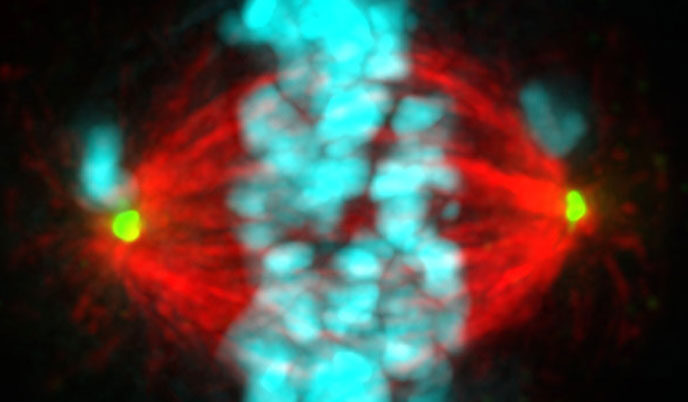
UW study details how HPV may promote head and neck cancer
Cancer researchers have long known that the sexually transmitted human papillomavirus (HPV) is a leading cause of head and neck cancer and now a study from the University of Wisconsin School of Medicine and Public Health sheds light on how HPV turns healthy cells into cancer.
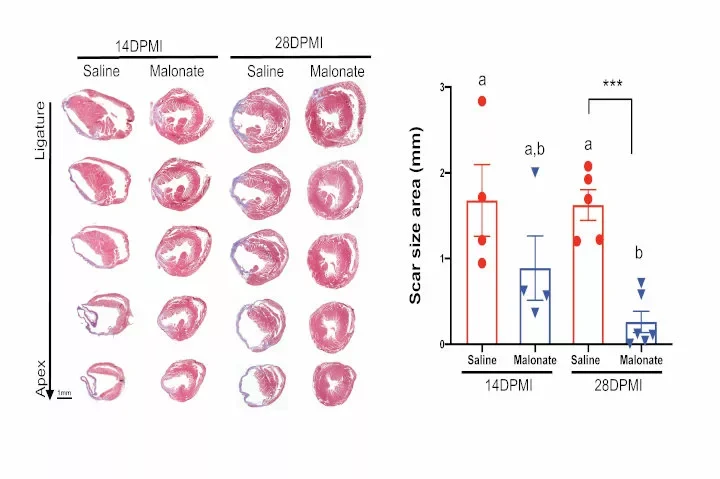
Metabolic switch may regenerate heart muscle following heart attack
New research from the University of Wisconsin–Madison finds that a new therapeutic approach for heart failure could help restore cardiac function by regenerating heart muscle.

Ying Ge receives Biemann Medal, named to Top 100 Analytical Scientist Power List
Ying Ge, PhD, professor of cell and regenerative biology, has been awarded the Biemann Medal from the American Society for Mass Spectrometry for 2020. She was also named to the Top 100 Analytical Scientist Power List by The Analytical Scientist.
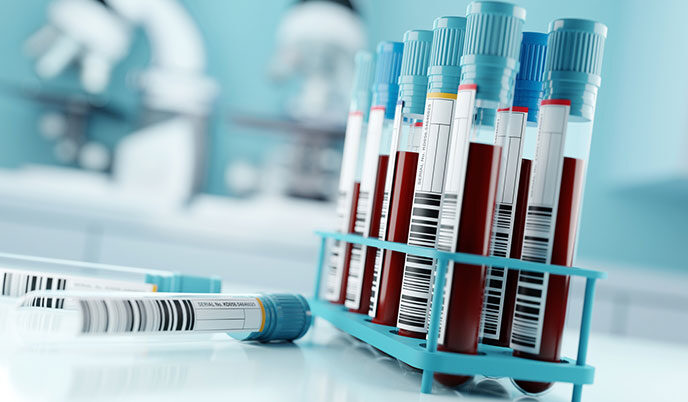
Nanoparticle system captures heart disease biomarker from blood for in-depth analysis
Researchers at the University of Wisconsin–Madison have developed a method combining sticky nanoparticles with high-precision protein measurement to capture and analyze a common marker of heart disease to reveal details that were previously inaccessible.
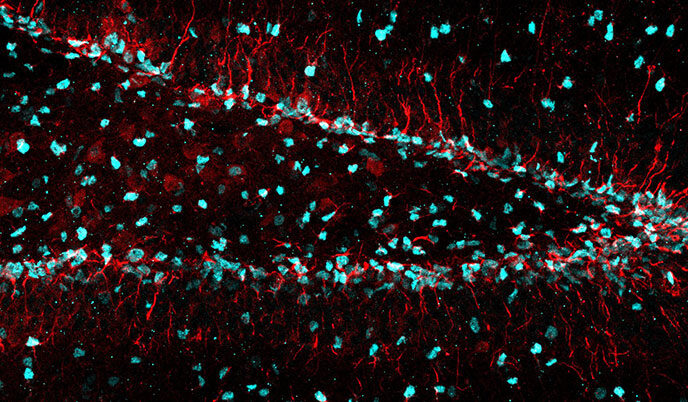
Newly identified cellular ‘trash removal program’ helps create new neurons
New research by University of Wisconsin-Madison scientists reveals how a cellular filament helps neural stem cells clear damaged and clumped proteins, an important step in eventually producing new neurons.

UW–Madison study shows that calorie restriction slows skeletal muscle aging
Monkeys on calorie restricted diets age better than monkeys on a normal diet, according to researchers at the University of Wisconsin School of Medicine and Public Health.
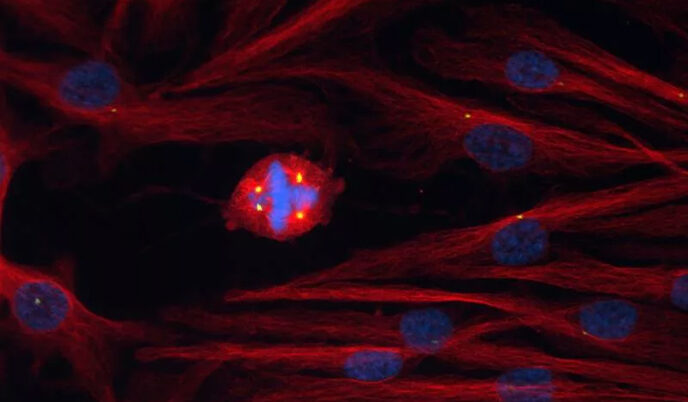
Researchers probe cell division defects to gain insight into cancer
From bugs to plants to animals, for all living things to grow they must create more cells.

Mutations in key blood cell protein disrupt development, predispose to leukemia
When a key gene in blood cell development, GATA-2, is mutated, it causes a predisposition to the development of acute myeloid leukemia (AML), and the changes in GATA-2 were believed to diminish its protein function.

Deneen Wellik named chair of cell and regenerative biology
Deneen Wellik, PhD, has been chosen as the next chair of the Department of Cell and Regenerative Biology at the University of Wisconsin School of Medicine and Public Health.

UW researchers discover mechanism controlling zinc that is vital to red blood cell creation
Researchers have uncovered how a trace metal controls the generation of red blood cells, which are critical for life.

UW researchers identify arterial hemogenic endothelial cells that can function as lymphoid precursors
Scientists at the University of Wisconsin School of Medicine and Public Health have used human stem cells to make blood-forming cells and demonstrated that they can function as lymphoid precursors, or the earliest cells from which various immune cells arise.

Researchers team up to find new therapies for childhood MDS, leukemia
Two researchers from the University of Wisconsin School of Medicine and Public Health will join forces to discover how a particular gene could affect a deadly, rare childhood genetic disease.